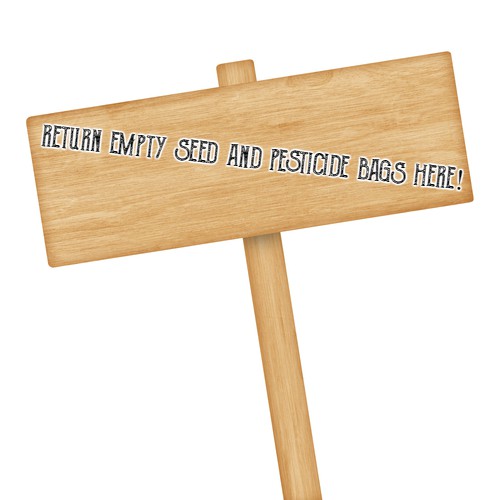Collection sites are located around the province
By Diego Flammini
Assistant Editor, North American Content
Farms.com
Ontario farmers are encouraged to return empty seed and pesticide bags once they’ve finished planting.
The initiative, being spearheaded by CleanFARMS, an agricultural waste stewardship organization, attempts to keep unnecessary waste from going to garbage dumps.
"Ontario farmers have been returning empty pesticide and fertilizer containers for decades. Now they can add empty seed and pesticide bags to the list of things they can divert from the landfill," said Barry Friesen, general manager of CleanFARMS in a release.
Ag-retailers and seed dealers across the province have collection bags on hand to make the process as easy as possible.

Friesen said all farmers have to do is ensure their pesticide or seed bag is “completely empty,” place it in a collection bag and return it to a participating retailer; CleanFARMS collects the bags and disposes of them at no extra charge to the farmer.
“It’s a simple process that can make a big difference for our environment,” Friesen said.
Collections will take place between May and September.
CleanFARMS ran a similar program in British Columbia by collecting obsolete pesticides and livestock medications.
Farmers in B.C. turned in more than 27,000kg of pesticides and 349kg of medications.